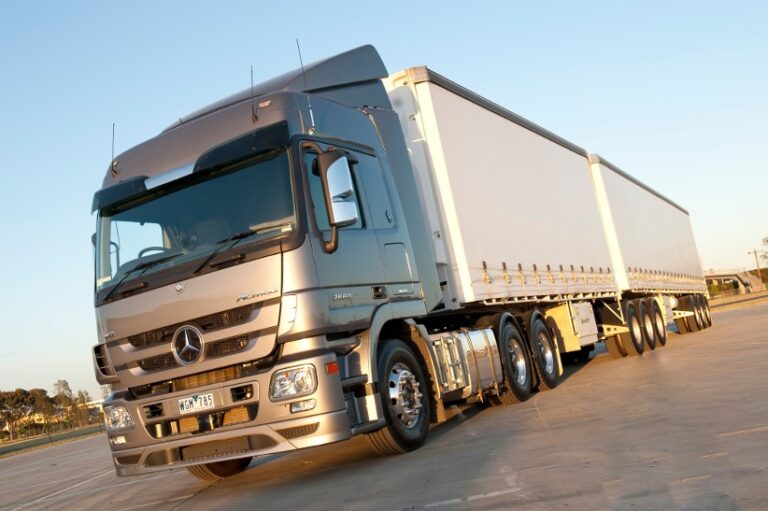– By Caroline Falls –
Australia’s transport ministers have agreed to extend a freeze on heavy vehicle charges at 2015-16 levels for the next two years, until at least mid-2018.
The agreement follows findings by the independent government body, the National Transport Commission, that the current system of estimating charges is flawed as it misses some 50,000 trucks from its base calculations, according to the Australian Trucking Association.
The system should raise about $2.9 billion, but in 2015-16 alone it will overcharge truck and bus operators by more than $190 million, said Chris Melham, CEO of the ATA.
“As a result of this decision, truck and bus operators will be overtaxed by $250.2 million in 2016-17 and $264.8 million in 2017-18 – in total, a $515 million hit on an industry filled with small businesses working on wafer thin margins,” Melham said in a press release. “The ATA argued strongly against this decision, including at the meeting.”
Melham had called for a cut to road user and registration charges for trucks on the eve of the meeting. He had urged for the road-user charge to be cut from its current level of 26.14 cents a litre to 25.3 cents a litre in 2016-17. The Australian Government froze the road-user charge in its 2014-15 and 2015-16 budgets, in recognition of the problems with the NTC charging model, the ATA said.
Melham and ATA Chair Noelene Watson were observers at the ministerial meeting in Adelaide this month (6th November).
Mr Melham said ministers needed to recognise that charges significantly affected the competitive position of individual operators.
“The problem is made worse by the high upfront costs of heavy vehicle registration charges, which create cash-flow difficulties for small businesses.”
According to Vic Roads website the cost of registration for a four-axle prime mover is $5,254 a year. It goes up to $10,866 for a five-axle multi-combination prime mover, or a prime mover for towing two or more semi-trailers — a B-double or a B-triple. These costs are for the prime mover cab only; that is, they don’t include separate registration fees for the trailers.
Melham said he was pleased with other decisions to come out of the ministers’ meeting, including an agreement to reform chain of responsibility rules in the national heavy vehicle law.
“The HVNL needs to be streamlined and safety prioritised through the introduction of a general duty that applies to trucking operators, consignors and all other chain parties. By doing this, governments could remove large numbers of prescriptive rules that impose high compliance costs and prevent businesses from innovating,” he said.






